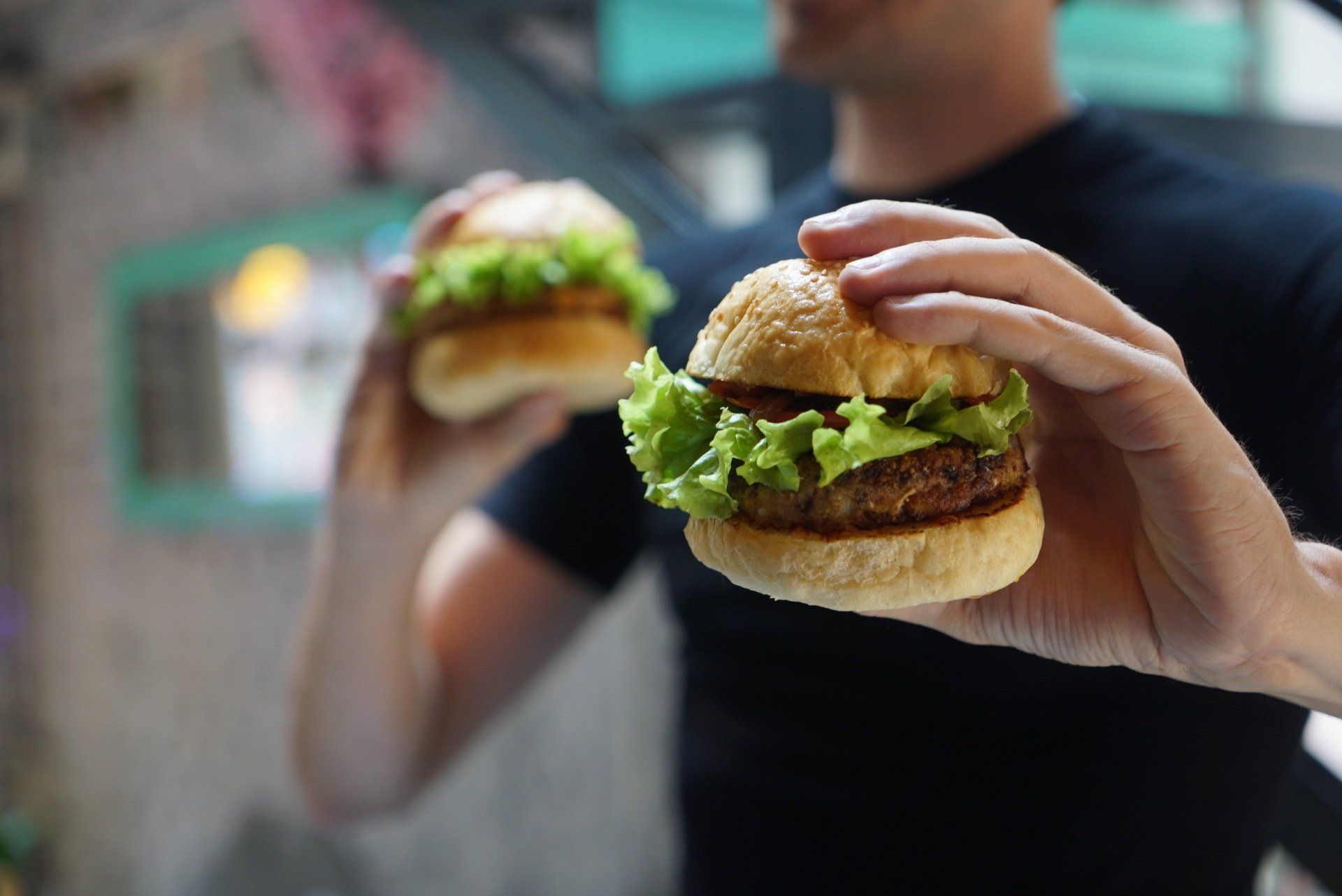How Scientifically Accurate Is The Salt Fix?
Note: All the information in this post is based on Red Pen Reviews (a non-profit that publishes unbiased health and nutrition book reviews). Please consider donating to them.
Summary of The Book
• The book begins by arguing that our pre-human ancestors and populations in the 16th through 19th centuries were regularly eating high-salt diets.
• It goes on to argue that the science behind the dietary guidelines on salt is dubious, and the belief that salt restriction is necessary for preventing and reversing hypertension is misguided.
• The book then points to a variety of observational studies and short-term experimental studies to support the claim that low-salt diets provide little benefit for lowering blood pressure and could even increase the risk of cardiovascular disease, metabolic disorders, obesity.
• Intertwined in these arguments is the claim sugar, not should be avoided .The book ends with a diet program designed help reader reach “optimal range”of intake ,giving into innate crave .The also helps readers identify sources of added sugars refined carbohydrates that should be strictly limited.”
How Accurate Are The Claims In This Weight Loss Program?
The question of how much sodium we should eat is a highly debated topic among nutritionists. Studies on sodium intake and its effects on health show opposing viewpoints from different researchers. Some claim that restricting sodium intake is the best way to reduce hypertension and cardiovascular disease, while others say that sodium restriction is only beneficial for a small number of people and can actually be harmful for most people. The claims made in The Salt Fix book fall into the latter category.
The book suggests that sugar, not salt, is the cause of hypertension and cardiovascular disease. While there is debate about the role of sugar in weight gain and poor health, most experts recommend limiting intake of added sugars. The book's focus on salt ignores the fact that other nutrients also contribute to good health.
The Salt Fix makes a number of claims about the benefits of salt that are not supported by scientific evidence. In fact, the evidence suggests that salt is not good for you, and may even be harmful. The book relies heavily on speculation and flawed studies to make its case, and experts in the field have criticized it for its inaccuracies. Overall, we found that the claims made in The Salt Fix are greatly overstated.
Healthfulness of This Weight Loss System
Dietary guidelines and food labels typically focus on sodium intake, rather than salt intake. This is because sodium is the nutrient that has been linked to an increased risk of cardiovascular disease, including stroke and heart disease. However, it's important to note that salt is only around 39% sodium by weight - the rest is chloride. Therefore, limiting your salt intake can also help to reduce your overall sodium intake.
The World Health Organization, the Institute of Medicine, and the Dietary Guidelines for Americans recommend that adults limit their sodium intake to 2000-2300 mg per day, or about 5 grams of table salt. Adequate intake of sodium is considered 1500 mg per day. Because salt is commonly added to prepared, processed, and restaurant foods, it is easy to consume large amounts of sodium each day without ever adding salt to food. In some places, the salt shaker or other condiments (e.g., soy sauce) are the major contributors of dietary sodium.
The program recommended in The Salt Fix is not a complete dietary plan, but focuses mainly on salt and sugar. It suggests getting salt from whole foods, like salty fish, cheese, olives, fermented vegetables, cured meats, and avoiding sugary drinks and refined carbs. The average healthfulness score of this program is 1.7 out of 4. It received a score of 3 for nutritional adequacy, meaning it is probably more nutritionally adequate than a typical modern diet.
The book's recommendations may have some positive and negative effects on health, but it is not clear overall whether the book's approach would be beneficial or harmful. If people following the book's suggestions improve their diet quality and increase their potassium intake, this could offset potential harms from any increased sodium intake.
If people eat a lot of salt without also eating more whole, minimally processed foods, they probably won't see any health benefits. In fact, eating lots of salt (or even increasing salt intake) could be bad for blood pressure, heart health, and overall health.










